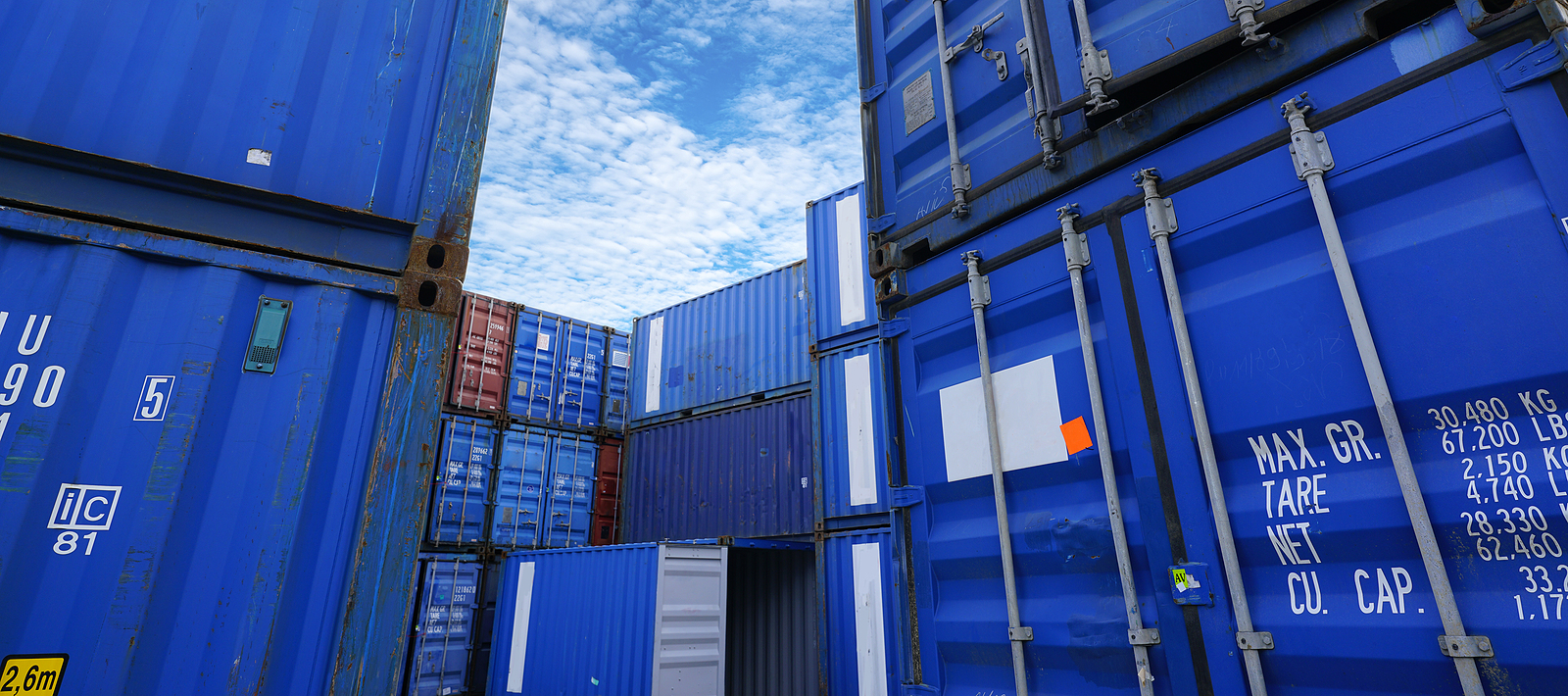A trend that has been incredibly refreshing in recent years is to see shipping container conversions garner support from councils, leading to the rise of container parks and container village sites.
When planned adequately, funded well and implemented with a strong concept behind it you get a successful installation such as Hatch on Oxford Road, Manchester, which is a delightful hub of some of the best and most interesting independent food vendors in a city full of them.
This was achieved with just two weeks of construction and set-up, albeit with a lot of planning and approval beforehand.
Failing to prepare is preparing to fail, however, and the best illustration of what can go wrong with a container village was found with Fargate Container Park in Sheffield.
Intended to be a centrepiece for the area’s urban rejuvenation, it was instead dismantled under the cover of darkness, the constituent parts set to languish in a council storage facility until they are needed to form temporary facilities.
It should have been the easiest way to bring pop-up businesses to a shopping area that has struggled in the wake of troubled times. Where did it all go wrong?
A Troubled Build
Container parks as a concept have started to appear in many different towns and cities as an affordable place for independent retailers to sell in. Usually, these take the form of street food vendors, small restaurants and craft vendors.
In 2021, whilst retail was very slowly opening up with severe restrictions, container parks were seen as a safer outdoor solution, and many of the parks that were launched did quite well.
Sheffield City Council wanted something similar and used £300,000 from the city’s Get Building Fund grant to get the container park constructed, which if the project had been completed as planned would have been a relatively reasonable budget.
Steelyard was selected as the contractor but problems emerged almost immediately. Price spikes caused in Spring 2022 led to cost increases and the project went over budget by £122,000 within a month of work starting.
Next, it would emerge that the planned site of the container park was on top of a Yorkshire Water sewerage link, delaying the build by another three months.
This in itself caused issues with getting power to the park due to the removal of mains power cables, meaning that a diesel generator had to power the whole site at a cost of £10,000 per month.
The plan was to have two floors, with the ground floor having shops, street food vendors and a big screen, but the first-floor bar was never completed before the whole site was dismantled.
Due to the launch of a more substantial regeneration project, the site would have needed to have been moved regardless, but the abject failure meant that it will be instead taken apart and used as temporary short-term facilities.
The constant delays, limited foot traffic, constant relocation and changes to the plan all showcase Fargate’s ultimate failure to plan adequately for the site, making expensive assumptions that ultimately went unfulfilled.
Thankfully, Fargate’s failings and the success of other container parks will showcase what to do and indeed what not to do when setting up container retail.

